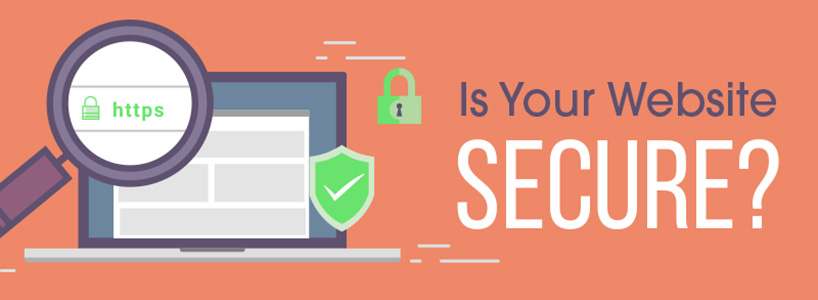After procuring a domain name registration for your website, its time you secure your website. This is most necessary if you are contemplating e-commerce transactions through your website. The standard protocol for securing websites is Secure Sockets Layer (SSL). It provides data encryption, server authentication, message integrity and client authentication for TCP/IP connections. This obstructs tampering or message forgery. SSL is built into all major Web browsers and it is desirable for websites which support internet transactions to be empowered with this protocol to prevent cyber crimes like hacking, fishing etc. When a customer gives you access to his or her credit card information, it means the person is reposing faith in your enterprise. It is your solemn duty to live up to the customer's expectations.
The protocol is available in both 40-bit and 128-bit strengths. This refers to the session key generated by each transaction. In order to forge an SSL session with a customer's browser, your server has to generate a public key and a private key and have them authenticated by an authority like InstantSSL so that you can use its certificate. The certificates are not very expensive and is a wise deal to keep off hackers who are always on the prowl in the web.

